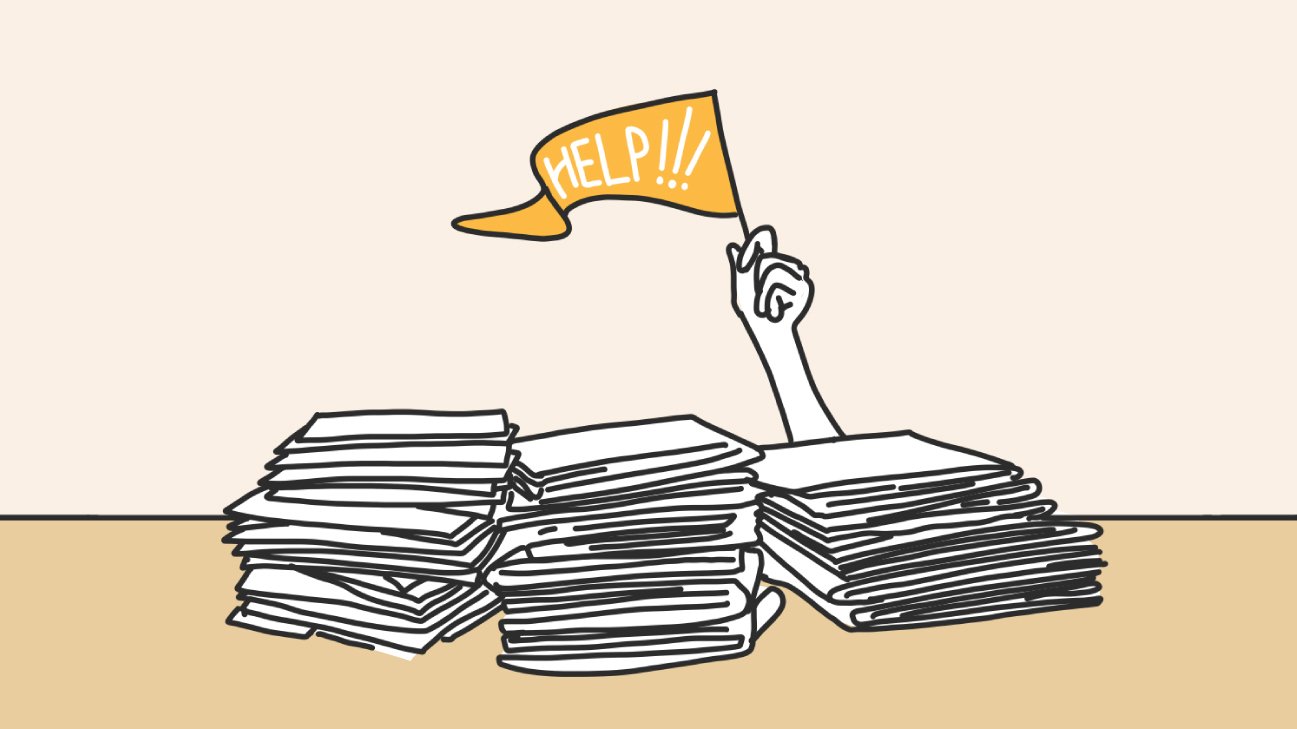Working More and Living Less: the Modern Mantra
Exam season — the time of year filled with newfound caffeine addictions, endless all-nighters and steady hourly breakdowns at Library West. Juggling an overwhelming amount of essays and tests all at once, it’s easy for anyone to feel like they’re slowly losing their sanity; especially when surrounded by perfect people who seem to be doing it all and more.
Imposter syndrome kicks in. That sweaty, foul feeling that washes over you the morning after a night of no sleep never seems to go away. Days begin to mesh together and you’re no longer sure whether the sun is setting or rising. A new mantra plays on a loop in your head, roaring over any information you try to retain for that big exam at the end of the week.
“You can’t do it. It’s all too much.”
Everything feels like it’s begun to crumble down around you; deadlines come and go, your abhorrent sleep schedule dissipates into no schedule at all, you clock in later and later for work, and you forget the last time you did something for fun. But it’s okay because you’re sacrificing now to enjoy later...right?
You add more and more to your plate, all the while losing any motivation and sense of accomplishment. You’re beginning to burn out and yet, that chronic fear of failure continues to plague you with one thought:
“I’m not doing enough.”
The concept of enough is decidedly subjective. “Good enough'' is a phrase fostered by incessant comparison and competitive environments, whether academically or professionally. What someone can handle in a day’s work, relative to others, isn’t a measure of their character or worth, despite what today’s society encourages us to believe. We’ve been socialized to equate relaxing to being lazy or unproductive, to avoid becoming the “idle poor” en route to economic success. Work more, live less. Today’s society is continuously losing sight of the other areas of life that are equally, if not more, important to our wellbeing and can provide similar fulfillment.
While goal-setting and ambition are critical, such high expectations can lead to incessant, unnecessary stress throughout quotidian life. If you’re finding yourself overthinking every task, every assignment, or more simply, everything, it’s time to reassess. The now, and being joyous in the now, is just as significant as being fulfilled in the future.
Of course, avoiding burnout is difficult — we often dig ourselves into an abyss of anxiety without realizing it until we’re there. However, recognizing, labeling and actively combatting the signs as they’re occurring can help us manage our stress and, sometimes, even prevent it.
MANAGING AND REVERSING BURNOUT
RECOGNIZE THE SOURCE OF YOUR STRESS
Often, the source of stress is obvious. Common obstacles like exams, essays and job tasks can easily build up to rally burnout; however, even when those assignments are turned in and to-do lists are complete, many remain impacted by budding anxiety. Small bits of worry manifest into larger crises; the dreaded “What am I doing with my life?” predicament becomes inevitable. It’s an ordinary problem, but equally isolating. This moment — when we feel most helpless — is typically the peak of burnout. Though easier said than done, it’s crucial to remember that this is commonly an irrational spring to panic, constructed by recent inconveniences and concerns.
FIND YOUR NICHE
Positive customs manifest themselves in what we find simple joy in. Whether it’s roller-skating, learning to play the piano, or curating playlists to tend to each of your emotions, pursuing hobbies is a way to recharge while still feeling accomplished. Find an activity that you take pleasure in doing, and separate it entirely from your typical sources of tension. Once our studies or work become attached to an aspect of our lives, it can quickly become a chore.
PRIORITIZE ORGANIZATION
We know — it’s not that simple. Developing and adhering to a schedule is a demanding mission; our work often takes longer than we may presume (especially when feeling stressed). Despite this, creating a to-do list or writing your tasks in a planner provides relief through structure. It allows the distribution of your time to materialize, which aids in preventing irrational anxiety and encourages healthy effectiveness. Organization can be enjoyable (hard to believe, but nonetheless true) — get creative! Splurge and buy an unnecessarily large whiteboard to articulate your thoughts or put colorful sticky notes across your mirror.
TAKE TIME OFF
Most importantly, don’t fall into the trap of associating breaks with inefficiency. Managing pressure is a multifaceted task; it takes physical health, social interaction and mental wellness to approach effectively. Whereas a work ethic that prioritizes persistence can quickly become tiresome, feeling internally and externally restored after periods of relaxation encourages sustained productivity — we perform best when we feel best.
Burnout is no new phenomena to our career-obsessed, Westernized world, but the onslaught of uncertainty and life adjustments we’ve had to face in the past year and a half have undoubtedly amplified its effect. Millions of people are struggling to accomplish daily tasks they once found easy or failing classes they intended to breeze by — you’re not alone. Feeling overwhelmed shouldn’t become a long-term sentence; though it may take some time to reignite the flame, there’s fuel waiting to be discovered. You just have to look hard enough.
Strike Out,
Writers: Sofia Ramos, Laura Tamayo
Editor: AJ Bafer
Gainesville






